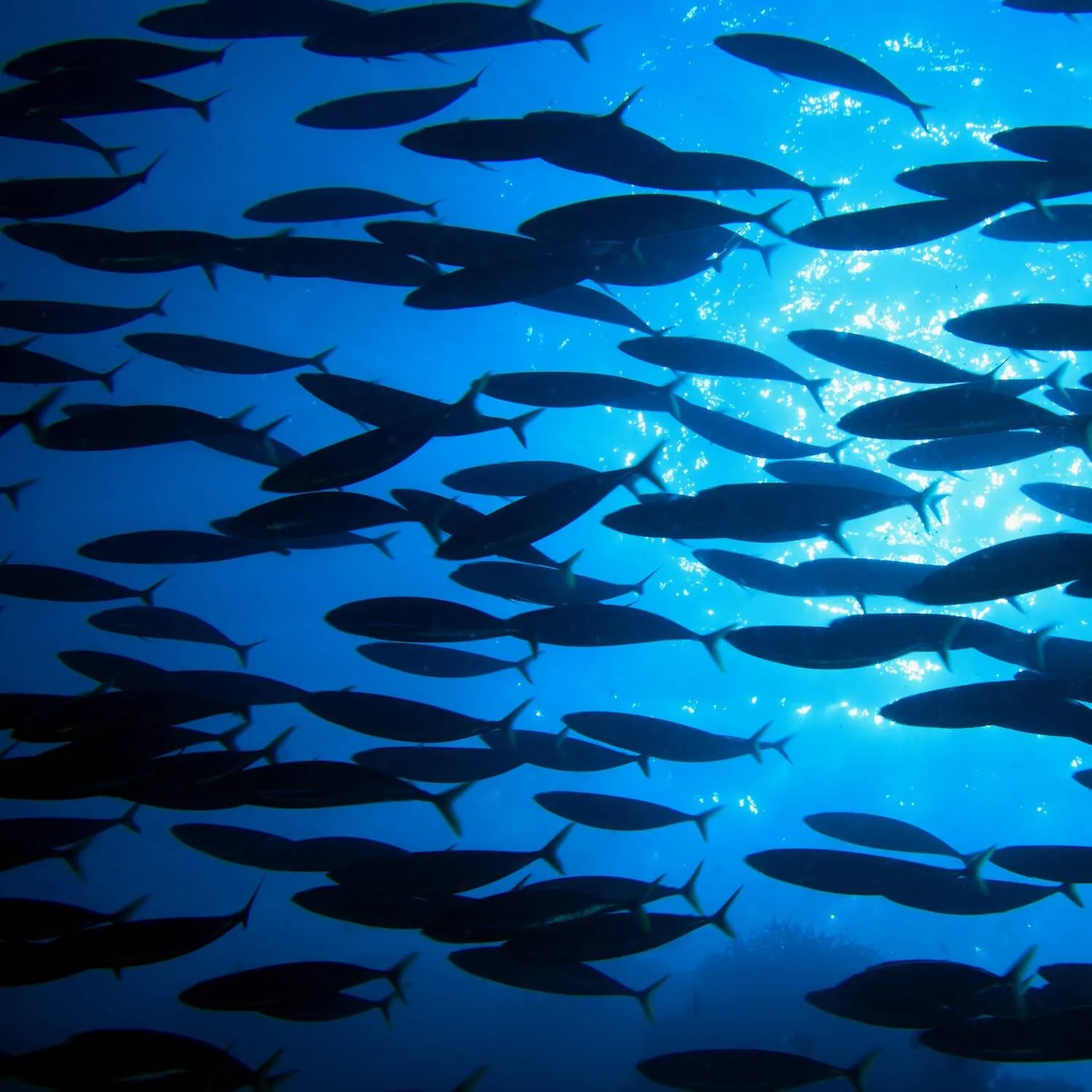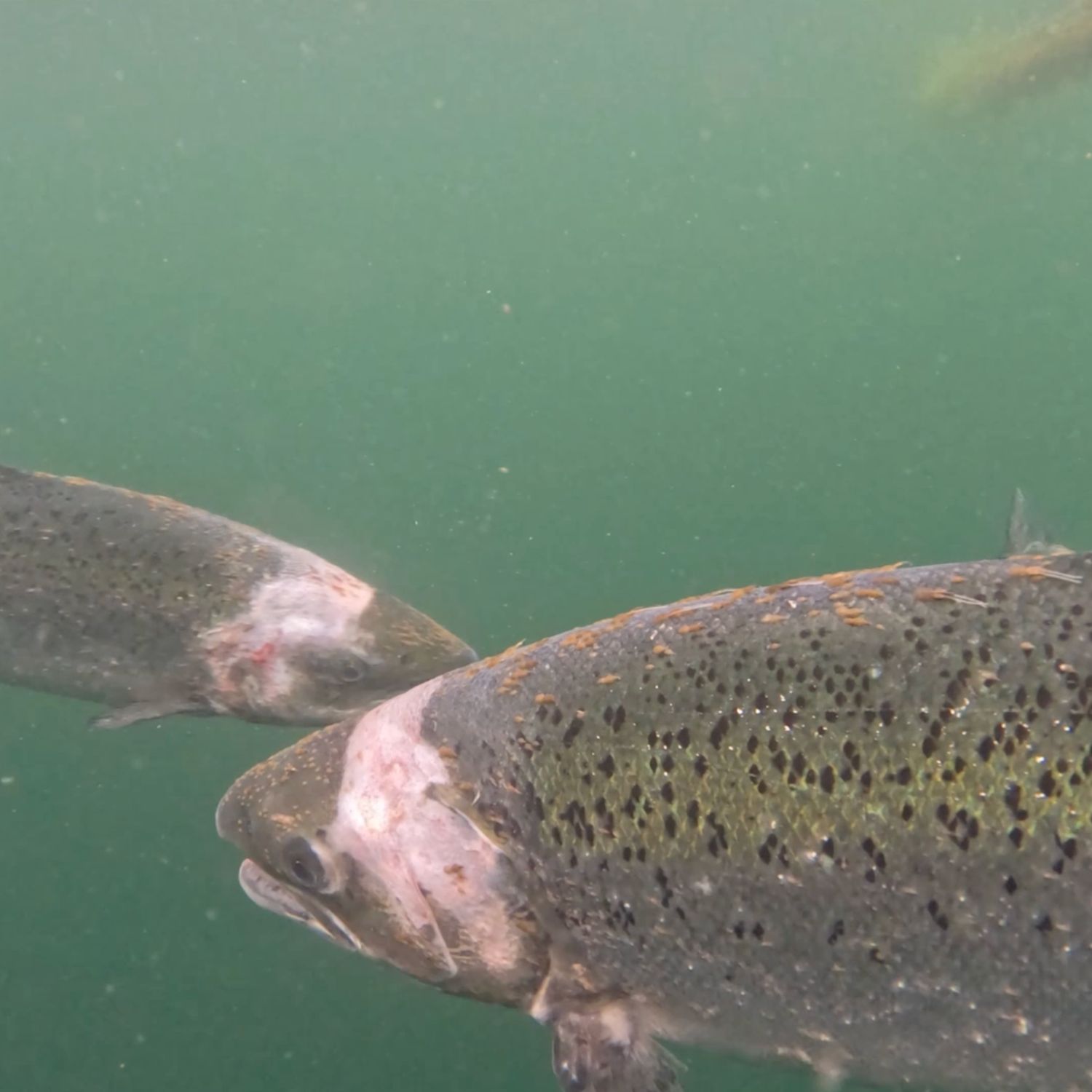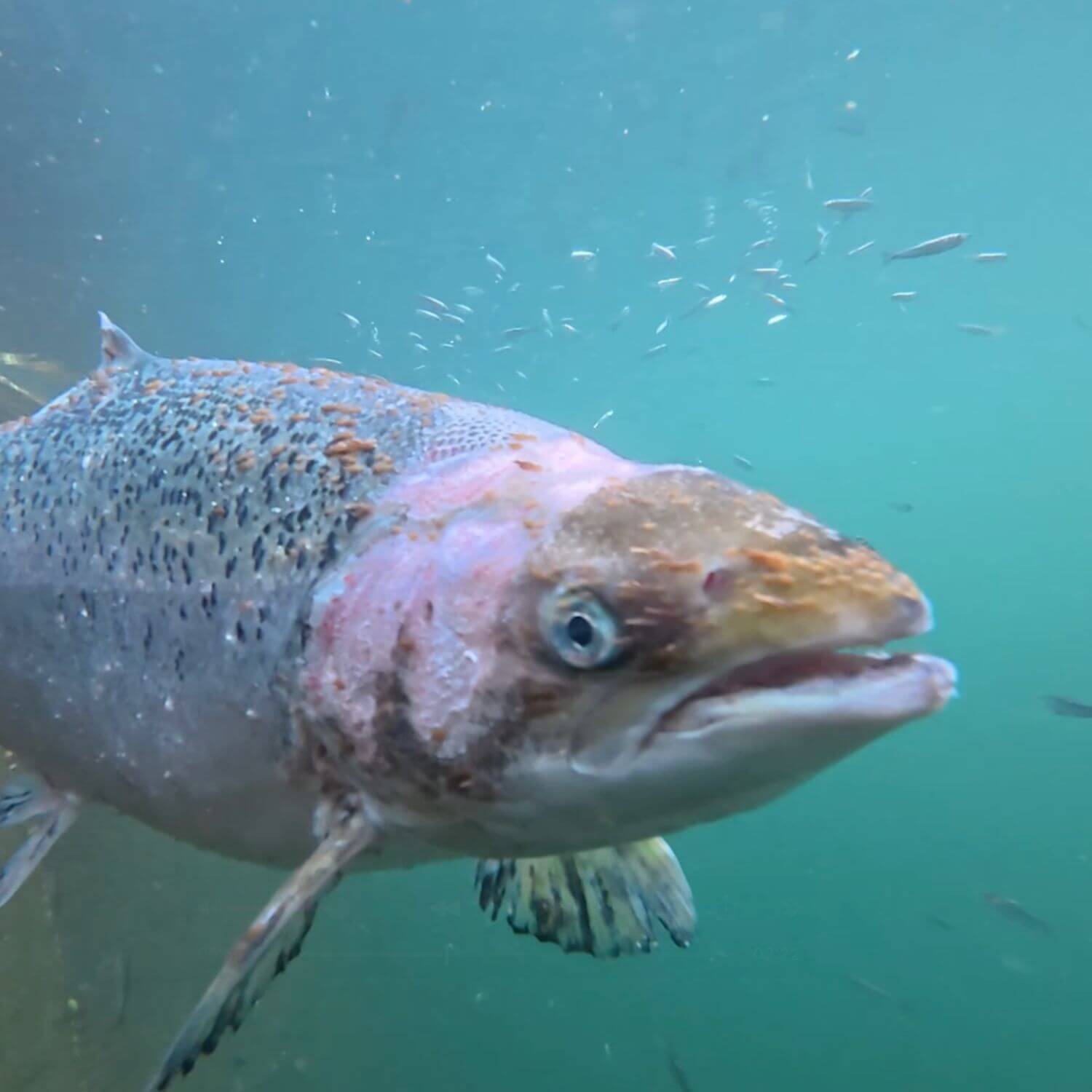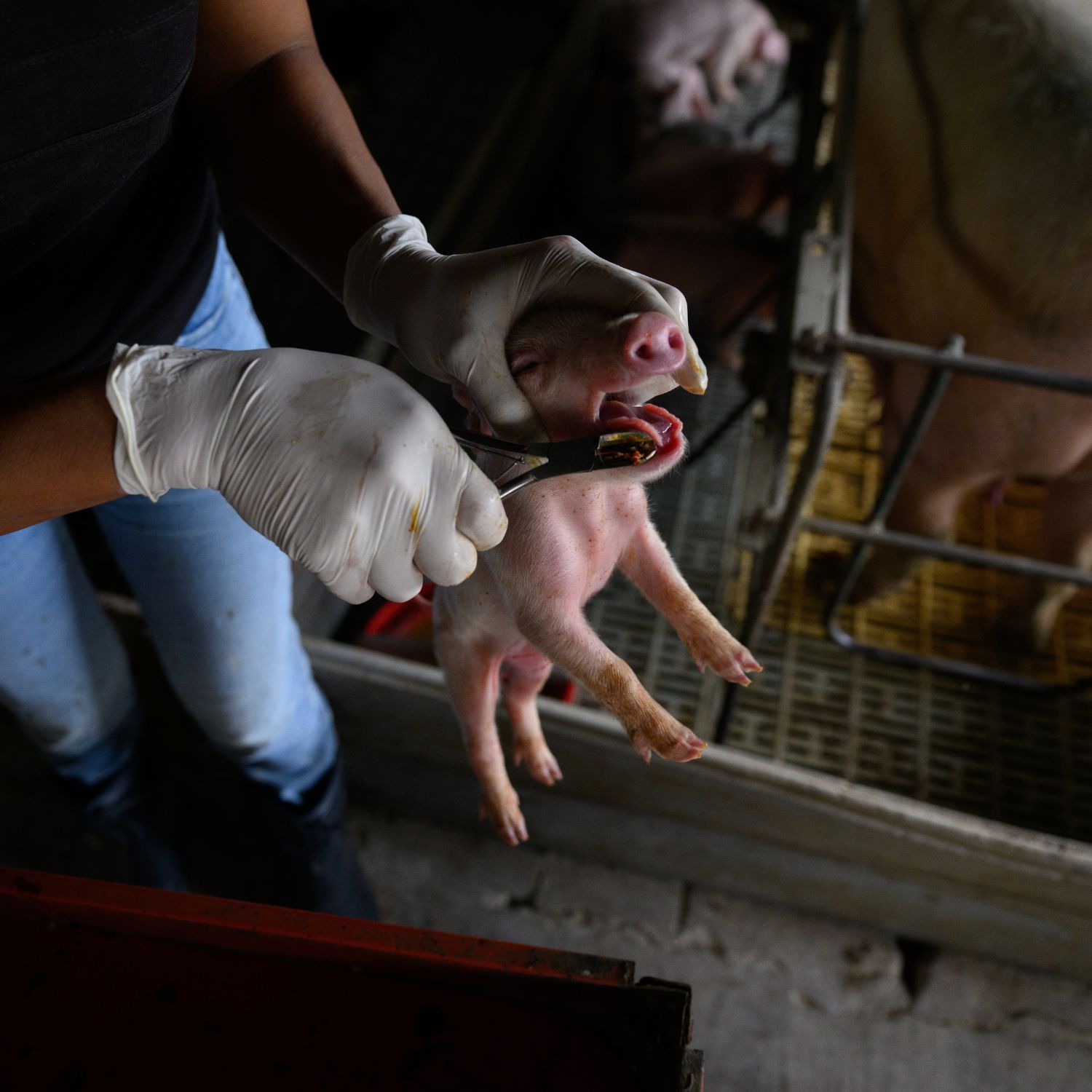Renowned Researcher Calls For Increased Protections For Fish
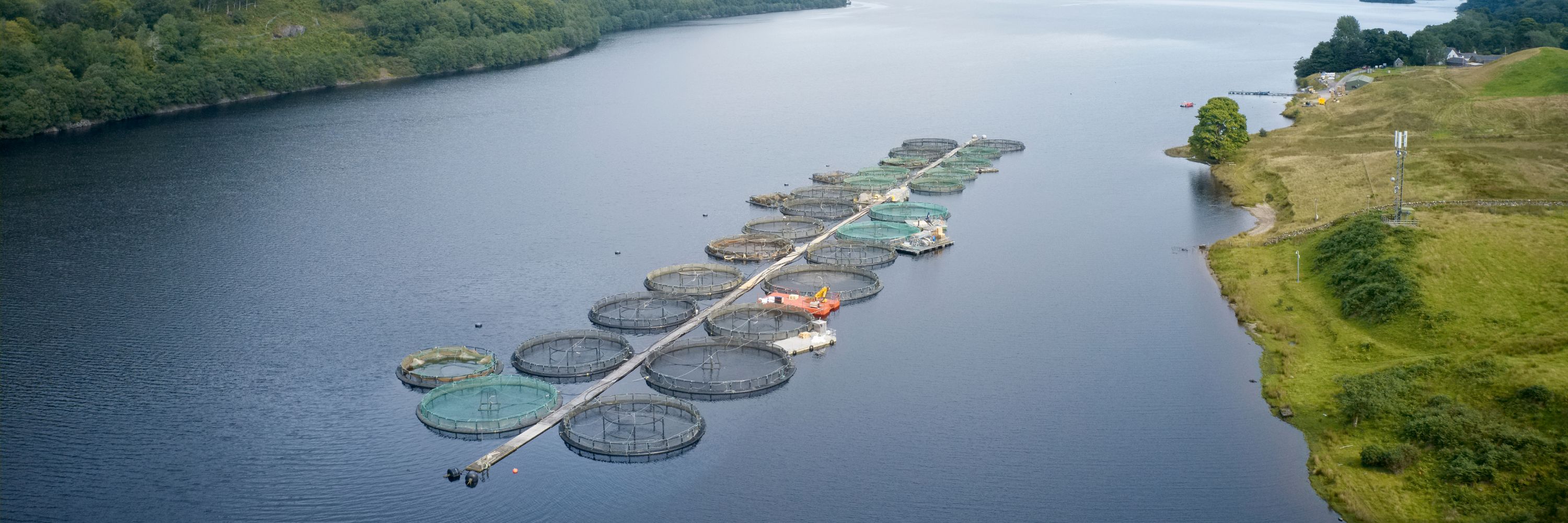
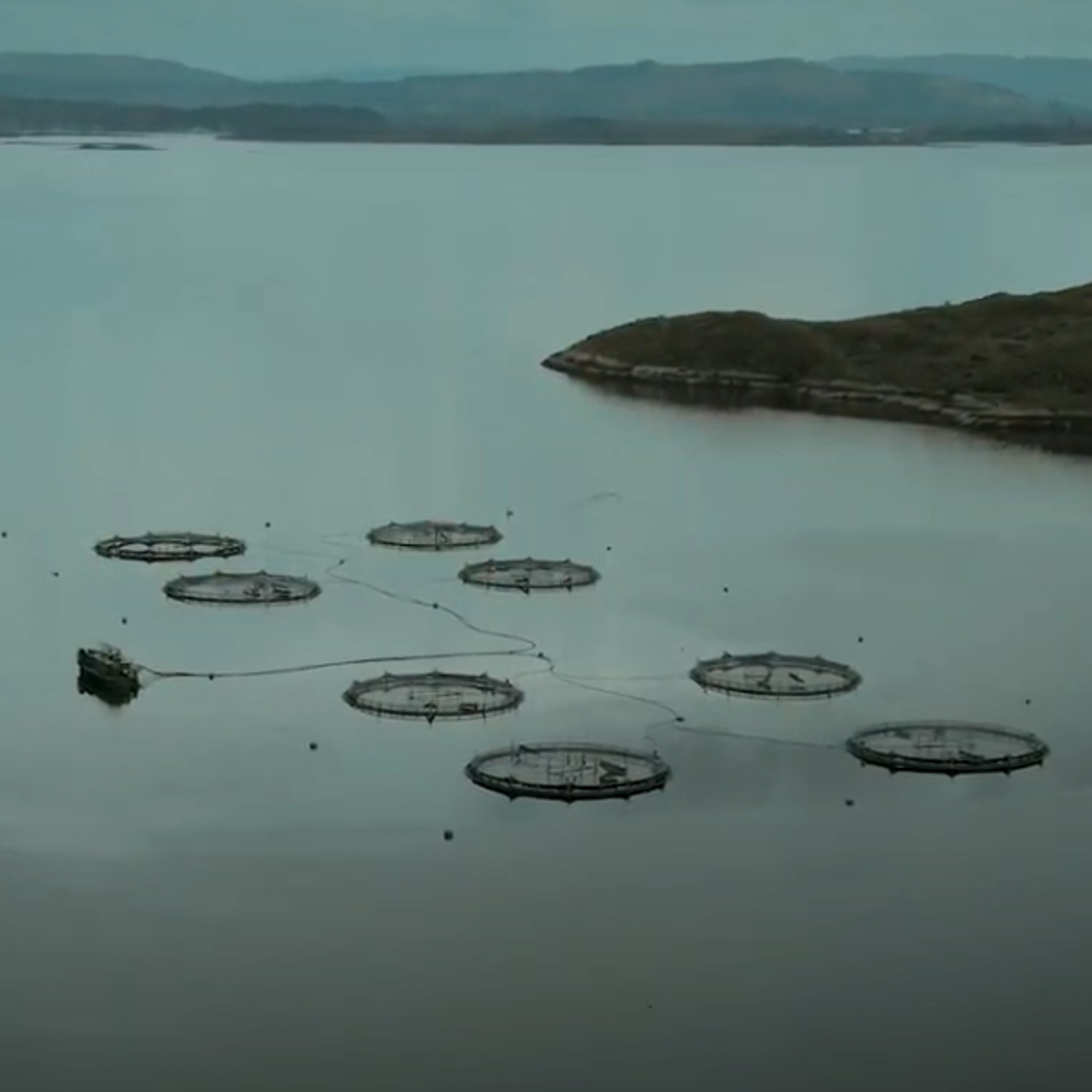
Dr Webster is a Founder Member of the Animal Welfare Committee, originally named the Farm Animal Welfare Council, and a respected figure in the animal welfare space.
Webster has instigated a number of major victories for animals over recent decades. Responsible for formulating the Five Freedoms paradigm, he encouraged the inclusion of a holistic set of ‘freedoms’ to be incorporated into law, namely: freedom from hunger and thirst; discomfort; pain, injury or disease; to express normal behaviour; and to be free from fear and distress.
Webster’s work also prompted a review of veal production in the UK. Veal is an especially controversial meat produced by calves who are typically between six and eight months old, sometimes younger. His research led to legislation requiring enlarged crates and digestible fibre in calves’ diets.
An Important Action For Fish
Webster is now calling for increased legal protections for fish. After learning from Animal Equality that the AWC has been instructed by the Government to conduct an analysis on the need for increased legal protections for farmed fish at the time of killing, he wrote directly to the Committee.
The open letter was supported by over 20 MPs, councillors, leading aquatic animal experts and animal advocacy organisations. Signatories included Conservative veteran, Sir Roger Gale MP; Henry Smith MP; Professor Culum Brown of Macquarie University, Australia; and Dr Lynne Sneddon of the University of Gothenburg.
The collective is urging the AWC to ‘make a landmark change for fish’ and ‘reduce the suffering of millions of animals each year’. Suggestions from the specialists include:
- Species-specific legal provisions to be put in place
- making stunning a requirement at the time of slaughter
- mandating welfare-focused announced and unannounced inspections
- CCTV to be introduced in all fish abattoirs
UK legislation is clearly lacking when it comes to farmed fish. I support Animal Equality’s call for inspections to be randomised and frequent, CCTV made mandatory, and automated mechanical systems to be put in place. But new laws mean nothing if they are not properly supervised. And while machines won’t become tired or frustrated, they are not without flaw.
Dr John Webster, Vet and Former Head of the Centre for Animal Welfare and Behaviour at the University of Bristol
Farmed Fish In the UK: Where We Are So Far
Aquatic animals receive very few protections in UK law. They do not currently have specific provisions covering them under The Welfare of Farmed Animals at the Time of Killing (WATOK) Regulations, nor are there any statutory codes of practice or official guidance for the welfare requirements of farmed aquatic animals in the UK. The UK subscribes to the World Organisation for Animal Health’s ‘Aquatic Animal Health Code’, which makes several prescriptions for WATOK and states that ‘effective stunning should be verified by the absence of consciousness.’
For years Animal Equality has filmed farms routinely cutting pigs’ tails off, cramming hens into overcrowded cages, and cruelly abusing cows. Policy-makers must learn from this, create laws for fish that are watertight, and ensure that there is appropriate oversight of this industry.
Abigail Penny, Executive Director Animal Equality UK
In February 2021 we released footage captured covertly from Arnish farmed fish abattoir, operated by The Scottish Salmon Company. The scenes showed fish having their gills painfully cut while conscious and being bludgeoned up to seven times before being successfully stunned at slaughter; many salmon were filmed falling to the ground and were left to asphyxiate.
As a result of the investigation, and subsequent lobbying from Animal Equality and other animal advocacy organisations, the Animal Plant and Health Agency has since been instructed by the Scottish Government to conduct mandatory inspections into fish slaughterhouses for one year, with a view to potentially making inspections a permanent requirement.
The AWC is currently considering the issue of the welfare of farmed fish at the time of killing and is exploring the need for changes to current practices or legislation. The findings are expected to be published later this year.
What Can You Do
Animal Equality, alongside the Conservative Animal Welfare Foundation, produced a report making a case for CCTV to be mandated in all UK fish slaughterhouses.
We launched a petition to gather public support for this ask. You can add your name below.
Fish feel pain and joy, much like cows, pigs and dogs. The best way to help them is to leave them off your plate.

